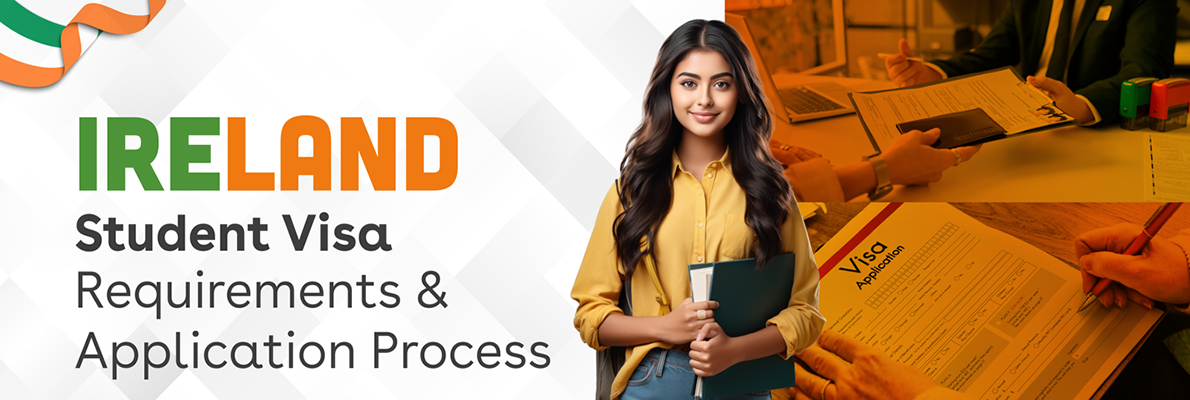Studying abroad is a life-enhancing experience and selecting Ireland as your study destination promises a plethora of opportunities for academic and personal growth. As you've taken the significant step of enrolling in an Irish University or Institution, the next important phase in your journey involves obtaining your student visa. International students who belong to a non-EEA country or who are non-Swiss nationals will require a student visa. So, if you have received your letter of enrolment and paid your tuition fees, then you will need to commence your visa application process.
In this comprehensive article, we aim to equip you with all the latest and essential information necessary for a smooth visa application process. So, without any further delay, let's get into the details of securing your student visa for Ireland.
